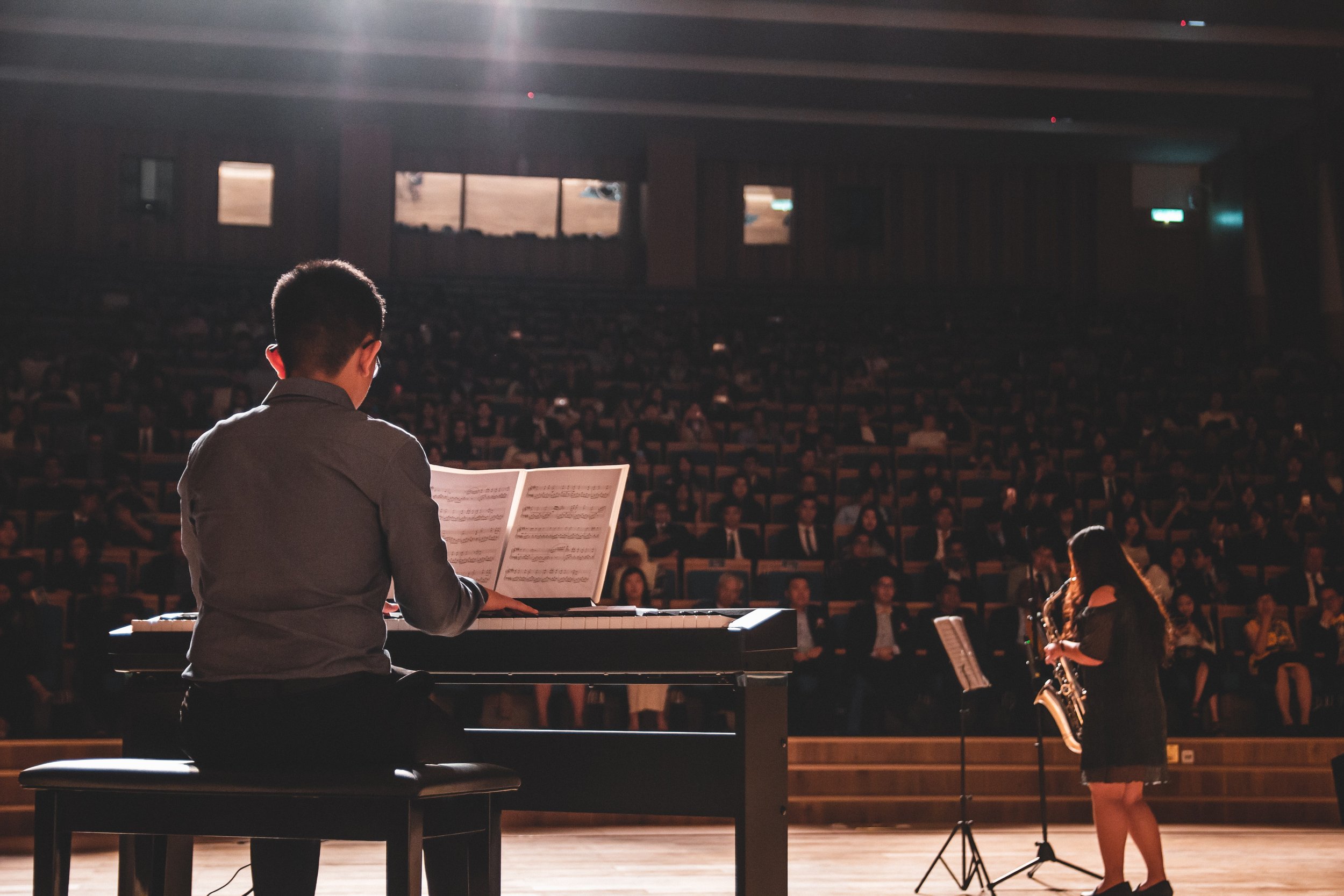Tips On Playing The Piano Expressively
What makes professional pianists so enchanting to watch when they perform? It's not just their highly technical skills and proficiency with the piano. It's also how they transmit the emotion of the piece they play in their performance. You could watch many different pianists performing the same piece and yet, their interpretation will never be the same as each of them adds a unique perspective to it. In fact, it's achieving the ability to transmit emotions when playing that makes a pianist stand out. But how do any of these professionals do it? Here are some tips you can try out.
Involve your body in your playing
We might be tempted to view our fingers, arms, and shoulders as separate parts of our bodies rather than a collective whole that will get us through the piece. However, everything from the fingers to the wrists and even the shoulders plays a significant role in the expression of a piece. The way you move can evoke a lot of emotion when you play, so make sure you let the music run through you rather than only focusing on hitting the right notes at the right time.
Ask for feedback
Sometimes, understanding the right way to evoke a particular emotion when you’re playing can be difficult. You might have done your research and yet you’re still not sure how you can play that piece in an expressive way.
Instead of repeatedly performing the piece in the same way over and over, consider asking your piano teacher or other pianists for feedback. It can be a great way to overcome this creative block!
Make the piece your own
The key to playing expressively lies in understanding and following the structure and harmony of the music you’re playing. In fact, some specific harmonies have always been directly associated with certain emotions. While adding emphasis at certain moments in the piece can easily change the emotion.
The best way to learn how to act on this is to study how to analyse chords and learn more about music theory. These skills will be fundamental to help you figure out how to play more expressively.
Take inspiration from the professionals
We’ve all started from zero, and we now live in a time where we are lucky enough to be able to easily access a world of amazing classical music. Learning how to make a piece you’re playing unique to you will take time, and there is no shame in listening to the interpretations of other pianists to get inspired.
This can help you understand what kind of artistic liberties you can take and also what would work best on your piece. However, don’t let this stop you from trying something completely different.
Like many other things when learning the piano, developing this skill can take time and the more you become fluent at playing, the easier it will be. If you're just starting out, focus on playing the piece correctly first and foremost, you will have plenty of time later in your piano playing practice to focus on expression.

